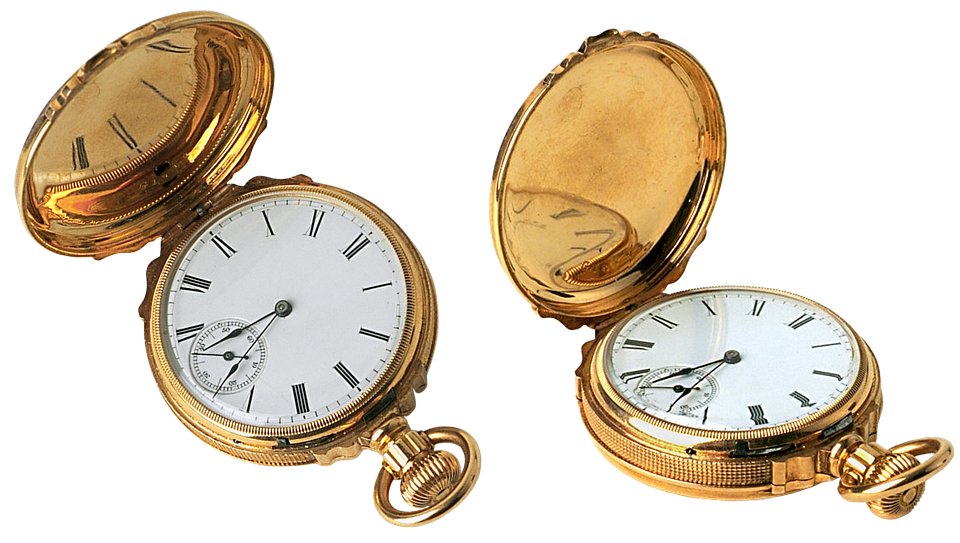Moissanite Diamonds 101: Quick Identification
When it comes to diamond alternatives, moissanite diamonds have been gaining popularity in recent years. These stunning gems have a similar appearance to diamonds but come at a fraction of the price. If you’re a beginner in the world of moissanite diamonds and want to learn more, this simple guide is here to help.
What are Moissanite Diamonds?
Moissanite diamonds are gemstones that are made from silicon carbide. They were first discovered by a French scientist named Henri Moissan in 1893 while examining a meteorite crater in Arizona. Initially, Moissan thought he had discovered diamonds, but later realized that he had stumbled upon a new mineral.
Moissanite diamonds have a similar brilliance, fire, and clarity to natural diamonds. They are also known for their durability and hardness, ranking at 9.25 on the Mohs scale, just below diamonds which score a perfect 10. This makes them an excellent choice for everyday wear and engagement rings.
How are Moissanite Diamonds Created?
Natural moissanite is incredibly rare, making it impractical for jewelry use. However, scientists have been able to recreate moissanite diamonds in laboratories, allowing for more accessibility and affordability.
Moissanite diamonds are created using a process called thermal growing. This involves heating a mixture of silicon and carbon at extremely high temperatures, resulting in the formation of moissanite crystals. These crystals are then cut and faceted into beautiful gemstones.
Quick Identification
Identifying moissanite diamonds can be challenging, especially for beginners. However, there are a few key characteristics that can help you distinguish them from natural diamonds:
1. Brilliance: Moissanite diamonds have a higher refractive index than diamonds, giving them a greater brilliance and sparkle. This means that they reflect light in a different way, creating a unique, dazzling effect.
2. Color: While diamonds come in a range of colors, moissanite diamonds typically have a slight yellow or green hue. However, they are also available in near-colorless varieties, giving you more options to choose from.
3. Double Refraction: Unlike diamonds, moissanite diamonds exhibit double refraction. This means that when you look through the gemstone, you may see a doubling of the facets or a slight blurring effect.
4. Price: One of the most significant differences between moissanite diamonds and natural diamonds is their price. Moissanite diamonds are much more affordable, making them an excellent choice for those on a budget or who want a larger stone for their money.
Conclusion
Moissanite diamonds are a popular alternative to natural diamonds, offering similar beauty and durability at a fraction of the cost. They are created in laboratories using a thermal growing process and can be identified by their brilliance, color, double refraction, and price.
If you’re considering purchasing a moissanite diamond or simply want to learn more, this guide provides a solid foundation for beginners. With their unique characteristics and affordability, moissanite diamonds are a fantastic option for those looking to add some sparkle to their jewelry collection.

